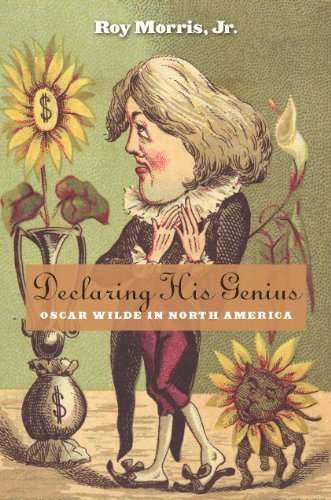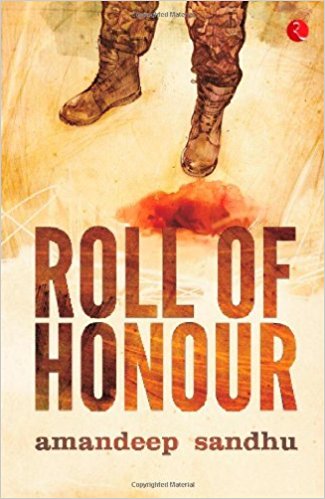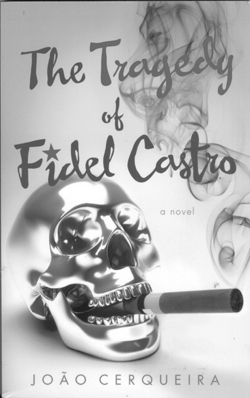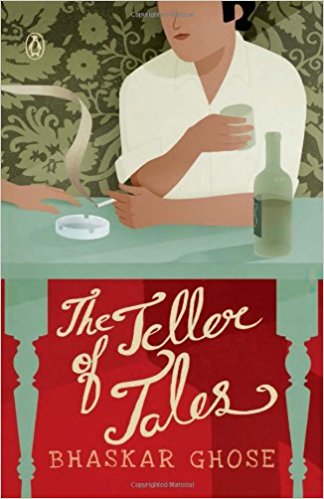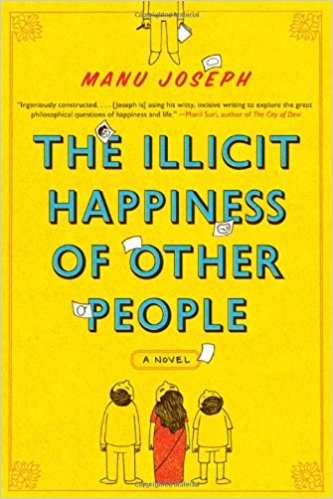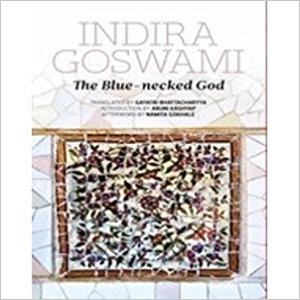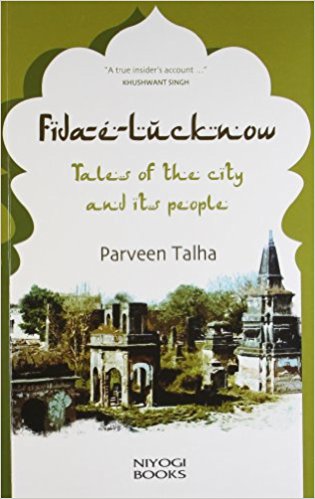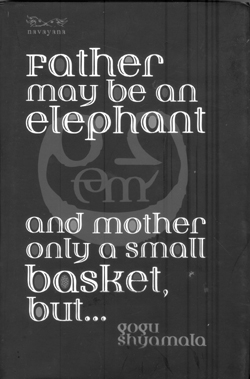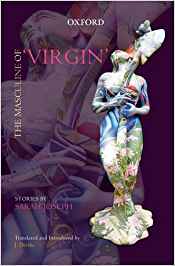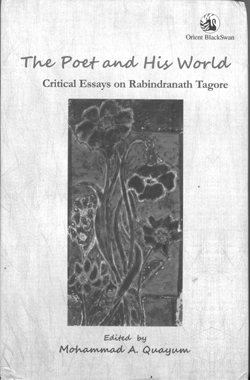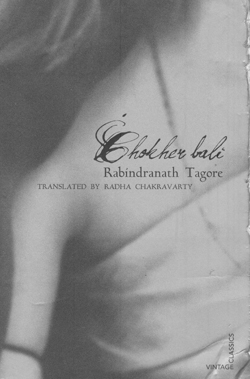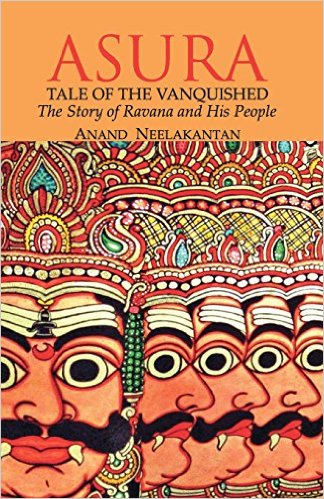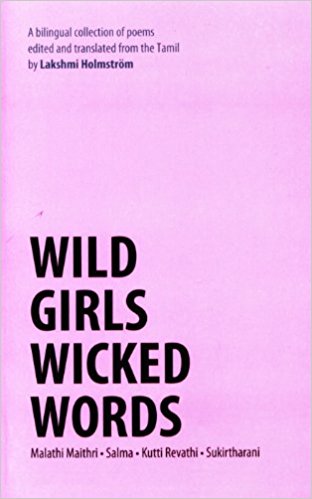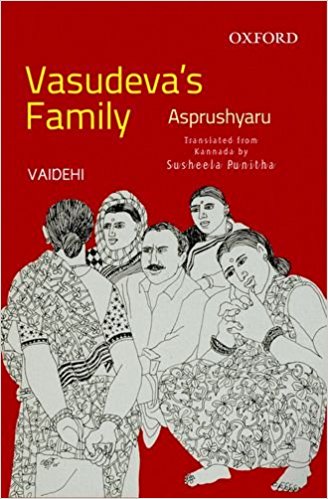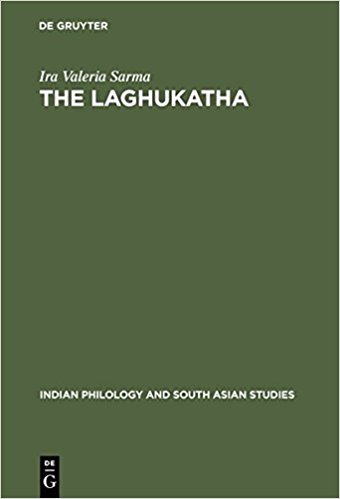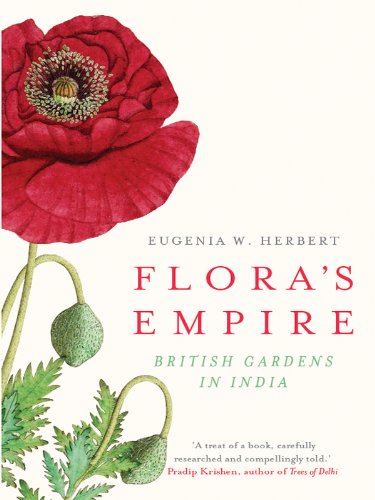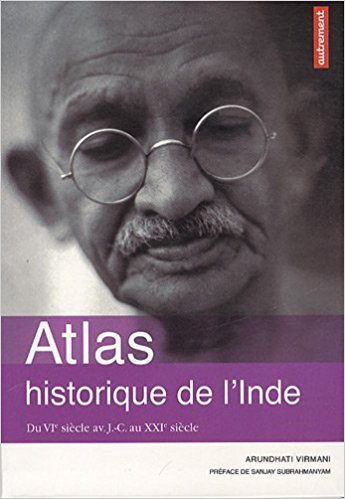Roy Morris Jr.’s book chronicles Oscar Wilde’s eleven-month long tour of the United States and Canada in 1882. It is during this tour, we are told, that Oscar Wilde became Oscar Wilde.
Archives
July 2013 . VOLUME 37, NUMBER 72013
Even as not everything written by Indian writers in English may be of equal merit, one would have to acknowledge that the Indian novel in English has come of age.
When God receives a request from Fátima to help prevent a war between Fidel Castro and JFK, he asks his son, Jesus, to return to Earth and diffuse the conflict. On his island, Fidel Castro faces protests on the streets and realizes that he is about to be overthrown.
2013
Very captivating and entertaining, Teller of Tales goes down the memory lane of two friends in the civil service, the reserved secretive Arunava and the staid Tapan—a very close friendship at one level and full of doubts on the other. Adding to the mystery and charm of it all is a thread of romance. A beautifully crafted novel, it keeps the reader in suspense till the very end.
There are times, usually of media hype, when I don’t read a new novel that I would otherwise have read. Then there are novels I don’t read immediately because I am told by friends that I am certain to like them.
Growing up, I used to treat going to my nani’s house for a sleepover as a great event. I would very seriously pack my night clothes, my tooth brush and my towel, and then toddle off down the road to her house.
V.I. Braginsky could as well have been describing Parveen Talha and her book of short stories, when he wrote in a review of Anna Suvorova’s Nostalgia po Laknau1 that ‘it is characteristic of her scholarly style to find a specific leitmotif to thread through each of her works and define the essence of discussion.
Gogu Shyamala paints a world in rural Andhra Pradesh where human lives are not separate from nature. They inhabit a vast space, feet planted in the ‘moist mud’ and faces touching in the sky. That these human lives are also segregated by society as ‘untouchable’ means that certain pleasures, such as ‘the scent of new rice’, the taste of jowar sap, the power to invoke the goddess, are theirs to enjoy; joys perhaps unknown to the upper castes.
2013
This is a brilliant collection of stories,personally chosen by J. Devika, Associate Professor at CDS, Trivandrum, and Mini Krishnan, the well known editor particularly of translated works, at OUP. As a result, there is a quality of the unusual, the comic, the macabre and the holy, in an odd sense of equivalence.
Recently, in a talk given by Professor Nigel Leask at the University of Delhi on Scotland’s national poet, Robert Burns, he struck a comparison between Burns and Rabindranath Tagore. He mentioned how both appropriated Scottish ballads and folk music in their respective compositions and therefore, how both could be aptly titled ‘people’s poet’ or ‘poet of the soil’.
2013
Referring to the craft of translation and its difficulties, J.M. Coetzee had commented in his rather well-known essay, ‘Roads to Translation’ that ‘Translation seems to me a craft in a way that cabinet-making is a craft. There is no substantial theory of cabinet-making, and no philosophy of cabinet-making except the ideal of being a good cabinet-maker, plus a handful of precepts relating to tools and to types of wood’ (Coetzee 151).
Mythology has always been a good source of raw material for fiction in literature. Recent activity on the Indian literary scene has reaffirmed this old proposition with a series of publications, including some bestsellers.
Although works of Indian language fiction in English translation are being published since the early nineties by the country’s major publishing houses, it is rare for these publishers to show the same enthusiasm for poetry in Indian languages.
We begin with the translator’s note on the change in title from Asprushyaru in Kannada to Vasudeva’s Family in English —itself an interesting conceptual and methodological exercise.
Why is the short story called the short story when the long story is called not the long story but the novel? Why could it not be called simply the story? Following the illogical English usage,
A book written about the British influence on the Indian garden is bound to elicit curiosity in the minds of botanical aficionados and students of imperial history:
In a few more years, perhaps as little as fifteen, an entire generation of persons to whom dak bungalows mean something will have gone on to the circuit house in heaven.
This is a slim and beautifully produced book of maps about India’s history, culture, religion and politics, wide ranging in its scope and very enlightening too. For reasons best known to Indian historians and their publishers,

